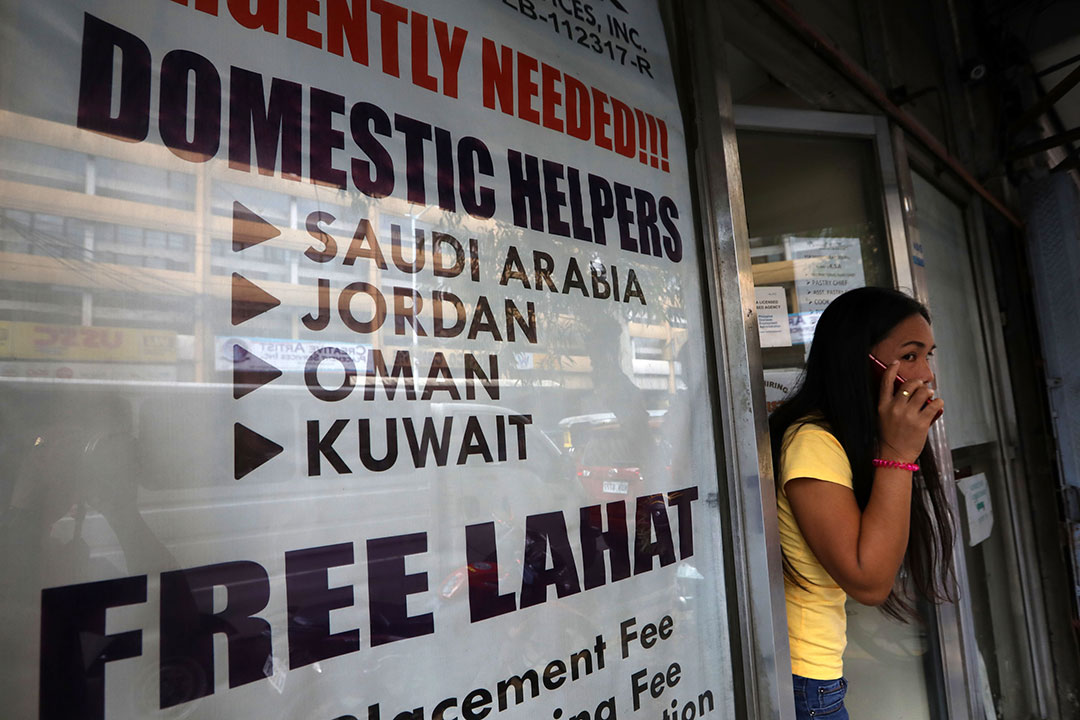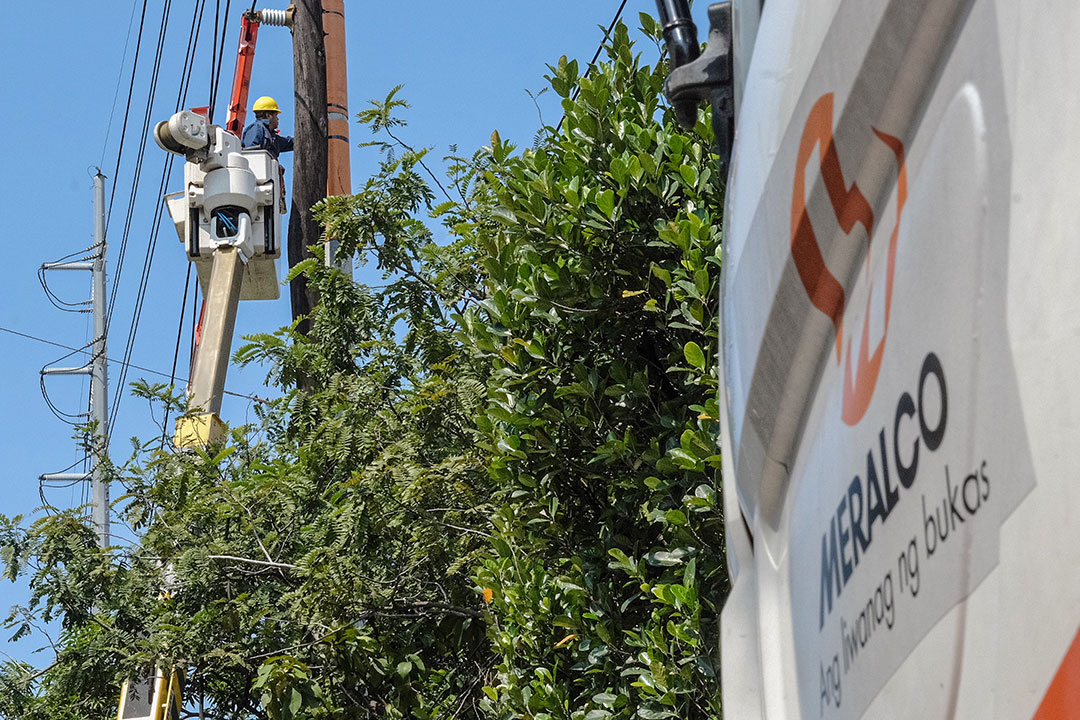
Upgrade to High-Speed Internet for only ₱1499/month!
Enjoy up to 100 Mbps fiber broadband, perfect for browsing, streaming, and gaming.
Visit Suniway.ph to learn
 PCG/BW FILE PHOTO
PCG/BW FILE PHOTOTHE PHILIPPINES hosted another round of talks on a code of conduct for the South China Sea in Manila last week, during which it “raised concerns” over incidents with China, which it accused of endangering its vessels and personnel, according to the Department of Foreign Affairs (DFA).
In a statement, the DFA also said the Philippine delegation had reaffirmed its commitment to peacefully resolving the sea dispute with China and developing diplomatic strategies to manage differences amicably.
“The meeting was an opportunity for the Philippines to strongly call for the need to adhere to international law, particularly the United Nations Convention on the Law of the Sea and the 2016 South China Sea arbitral award,” it said.
The South China Sea has become a regional flashpoint for Southeast Asian nations as China continues to claim and assert sovereignty over almost the entire sea, seen as a vital trade route that is also believed to be rich in undersea gas and oil deposits.
Manila has been at the forefront of efforts to challenge Beijing’s expansive claims, which overlap with those of other regional neighbors such as Brunei, Malaysia, Taiwan and Vietnam, by organizing joint sails in the waterway with western countries and strengthening security alliances with regional partners like Australia and Japan.
One of the South China Sea features that has been a source of tension between the Philippines and China is Scarborough Shoal, which lies just 600 kilometers from the Philippine province of Palawan.
A 2016 arbitral ruling that voided China’s claims in the South China Sea said the shoal is a traditional fishing ground for Filipino, Chinese and Vietnamese fishermen. China has controlled the shoal since 2012.
The Association of Southeast Asian Nations (ASEAN) and China pledged in 2002 to come up with a code of conduct on the South China Sea, a framework that seeks to prevent conflict through diplomatic means but it has remained elusive due to slow progress.
“The Philippines voiced its concerns on the situation in the West Philippine Sea, especially with regard to recent incidents that posed risks to Philippine vessels and personnel, and actions by other countries that infringed on the Philippines’ sovereignty,” the DFA said.
The proposed code of conduct is a “big compromise” for China, said Hu Bo, director of Chinese think-tank South China Sea Strategic Situation Probing Initiative.
“This kind of document regulates bigger powers [and not] small countries,” he told a news briefing. “As a big power, I think China’s compromised much more than other ASEAN member states.”
Meanwhile, Chinese Ambassador to the Philippines Huang Xilian said Beijing plans to deepen ties with its neighbors, citing it as a priority for the government.
“As Chinese President Xi Jinping embarks on his first overseas trip of the year, China is poised to deepen ties with Vietnam, Malaysia, Cambodia and ASEAN as a whole, injecting new impetus into the peace and development of the region and the world,” he said in a statement on his Facebook page.
“Neighboring countries are China’s priority in its diplomacy,” he added.
He said Beijing has reaffirmed its commitment to the principles of “amity, sincerity, mutual benefit and inclusiveness” as part of its so-called neighborhood diplomacy.
China’s policies are “very clear and very consistent” when it comes to engaging with Southeast Asian nations, Mr. Hu said. “We want a stable and harmonious Southeast Asian region.” — Kenneth Christiane L. Basilio




